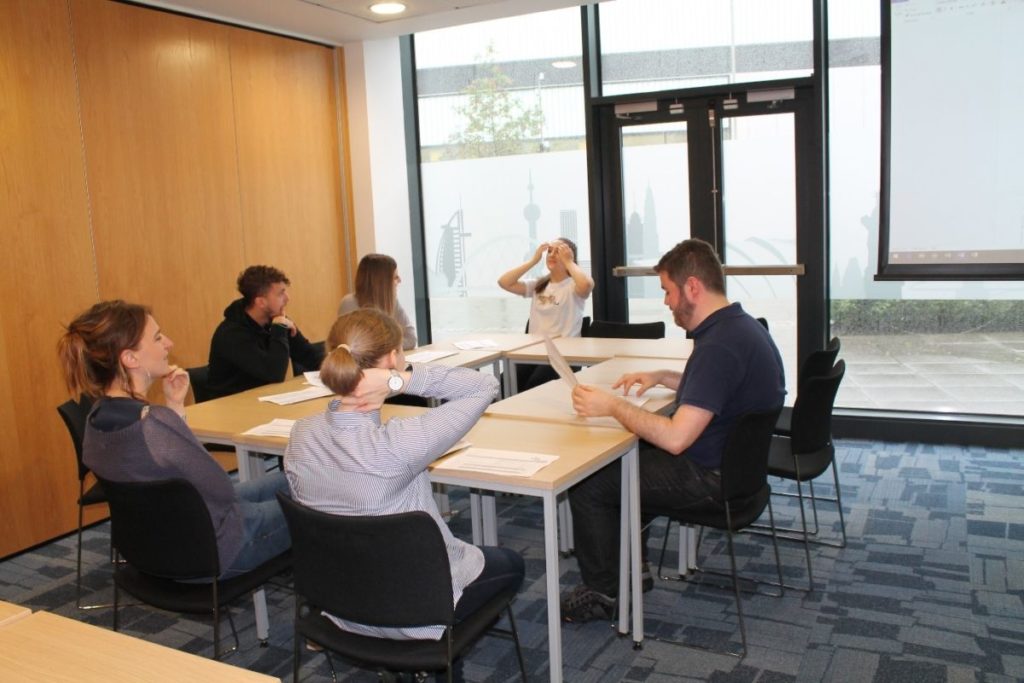Diploma student and Law Clinic Student Advisor Eilidh writes about her recent experience at Judicial Mediation.
“Judicial Mediation is becoming an increasingly popular way of resolving disputes in the Employment Tribunal. It involves the parties to a claim and their legal representatives spending a day together trying to resolve the dispute in a way that everyone is happy with. The mediator is a tribunal judge who has been trained as a mediator. While it sounds like a straightforward concept, my experience accompanying clients to mediation has taught me that it is every bit as challenging as the tribunal hearing process. Because it is open to the parties to discuss any issues they think are relevant, it is impossible to predict what will happen on the day and advisors have to be prepared for all eventualities. Here at the Law Clinic, the majority of our cases are employment ones (59% in the last session) and so a number of our advisors have accompanied clients to Judicial Mediation. In my time at the Law Clinic I have accompanied two separate clients to Judicial Mediation, one last year and one this year.

“An advantage of the process is that the resolutions reached can be much more creative than that awarded by the tribunal, which is restricted by the powers of the tribunal. In mediation, the parties can agree anything they want to, which could include for example that managers will receive further training, for example on how to manage employees with a disability.
“The tribunal process can be very adversarial and a lot of the disputes we see could have been prevented through better communication and trust between the parties. The tribunal process can often make that situation worse by creating this conflict between the parties. Mediation takes the opposite approach and tries to rebuild that trust and communication wherever possible while deescalating the conflict. This is particularly helpful for clients who remain in employment and are keen to keep the relationship with their employer as positive as possible in the future.”
Summing up her experience of Judicial Mediation, Eilidh notes:
“I found the process makes it possible to discuss things that clients would not normally get to talk about in the tribunal process. For example, they have an opportunity to explain in their own words the impact the case has had on them. Saying this to their employer/former employer in the more relaxed setting of mediation and not in a tribunal process where they will be cross-examined by the other party’s solicitor can be a really therapeutic thing. Even if no resolution is reached on the day, clients usually feel relieved to have said what they want to say. It is a long and exhausting day for both advisors and clients but overall I found the Judicial Mediation process to be a helpful one in obtaining good outcomes for our clients.”
To receive monthly updates on the work completed by the University of Strathclyde Law Clinic straight to your email, please sign up here.